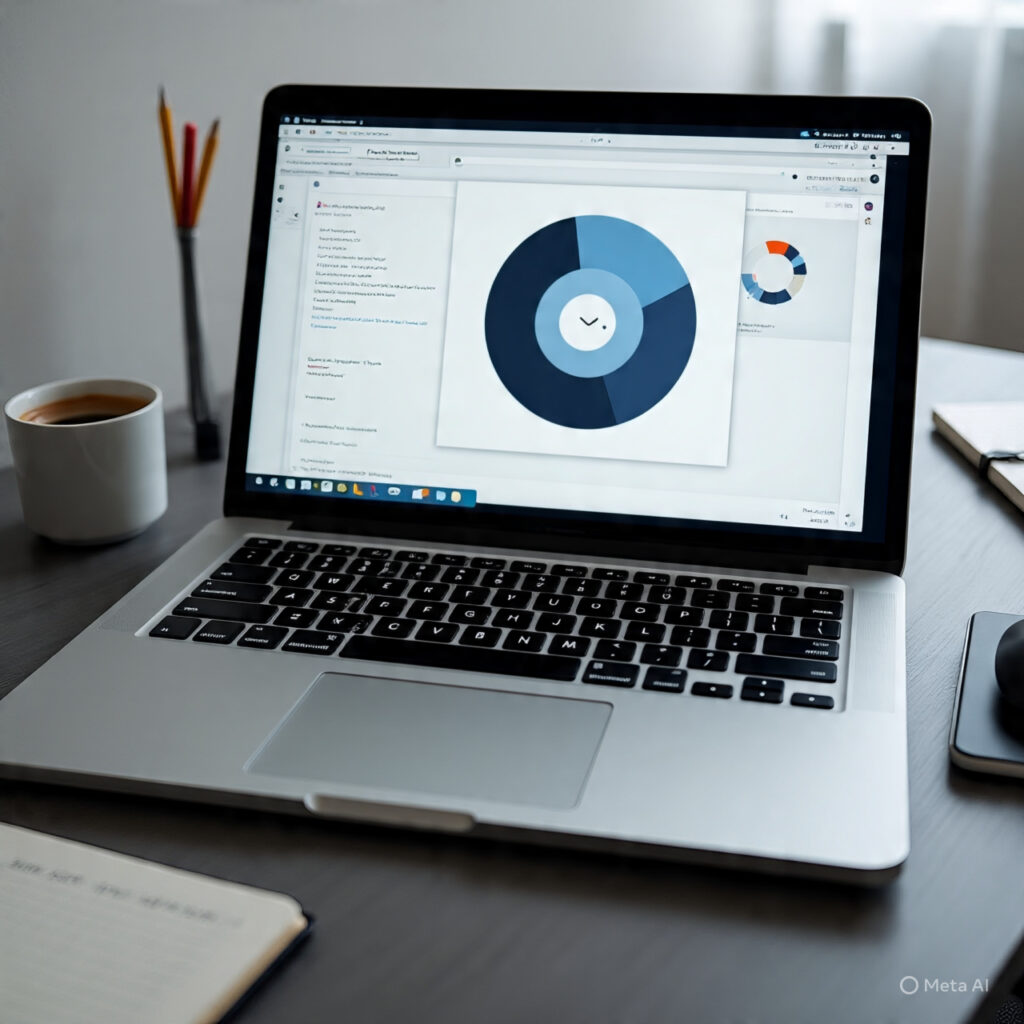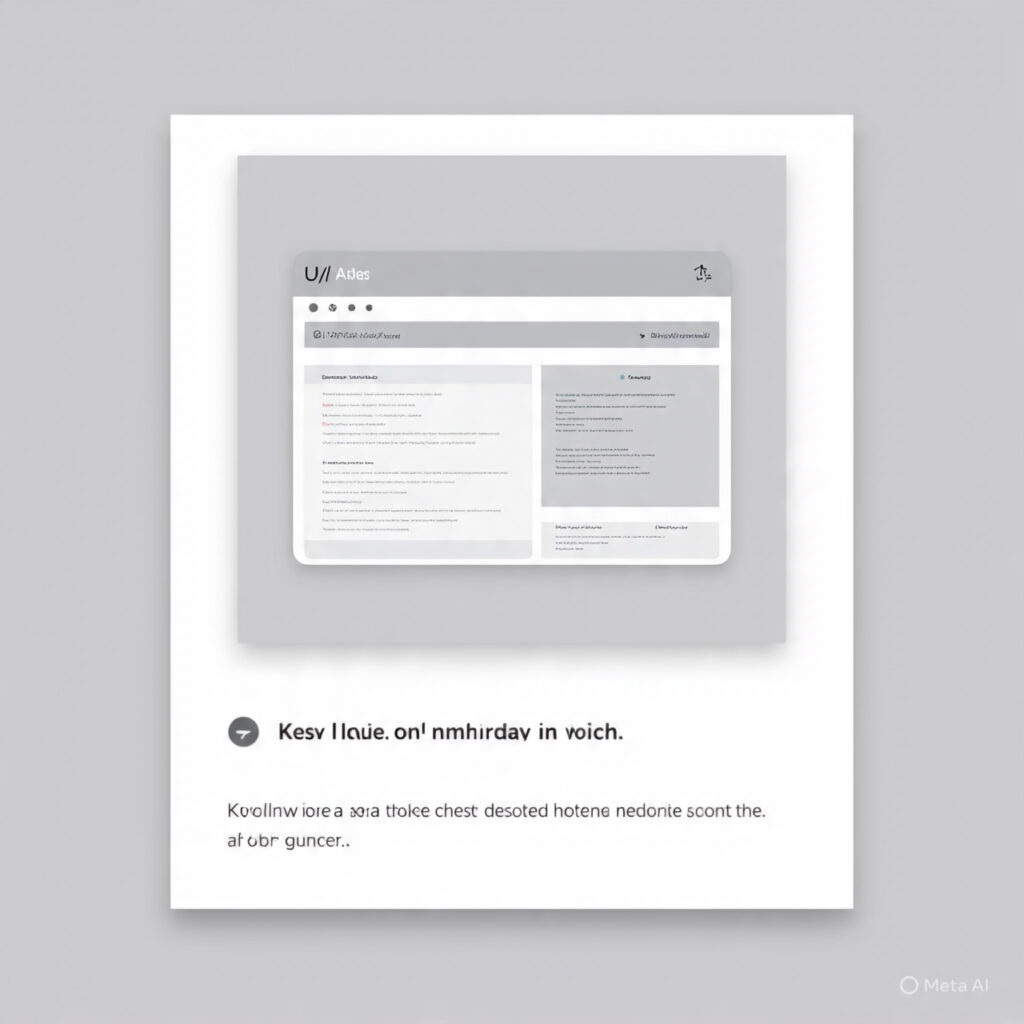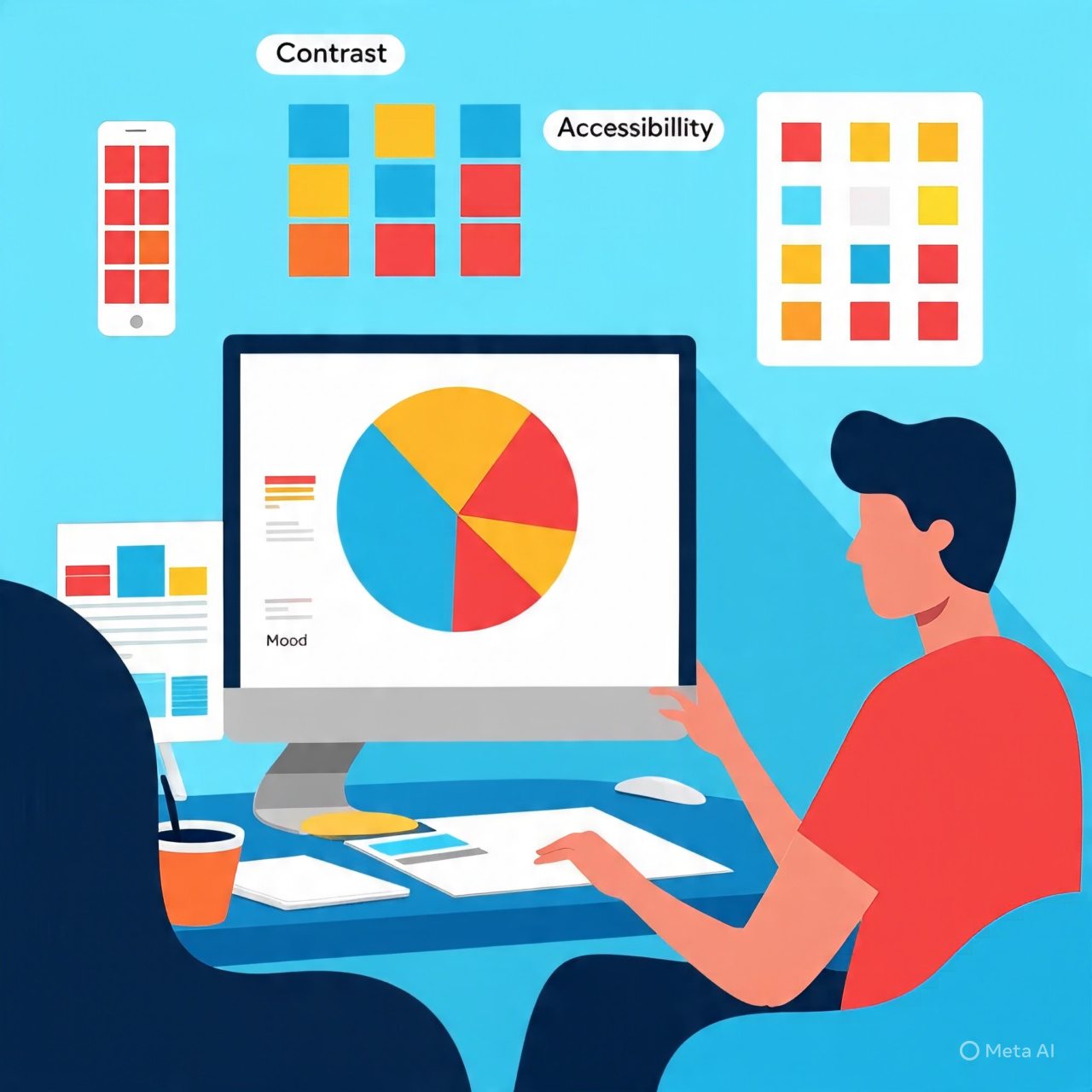The Role of Prototyping in UI/UX Design
Turning Ideas into Experiences Before Writing a Line of Code In the world of UI/UX design, great ideas aren’t enough — execution is everything. That’s where prototyping steps in. Prototyping bridges the gap between raw concepts and final products, helping designers, stakeholders, and users visualize how an experience will feel before it’s ever built.

shape Our team of UI/UX experts conducts a thorough evaluation o the submitted element, analyzing its usability, functionality, visual design, and overall user experience.

Will Smith
What Is a Prototype?
A prototype is a working model of a design — not the final product, but a simulation of how users will interact with it. It can be as simple as a paper sketch or as interactive as a clickable high-fidelity layout.
Why Prototyping Matters in UI/UX
1. Improves Usability
1. Validate Ideas Early
Prototypes help test ideas before major time or money is spent. You can spot usability issues, awkward flows, or confusing layouts — and fix them before development even begins .
2. Improve Communication
Design teams, developers, and stakeholders all see things differently. A prototype turns abstract concepts into something visual and interactive, making feedback clearer and faster.
3. Enhance User Testing
Prototypes let real users interact with your design. Their behavior and feedback can guide UX decisions, leading to products that are truly user-friendly.
4. Reduce Risk and Save Costs
Fixing a UX issue during development is expensive. Catching it in the prototype phase? Much cheaper — and smarter.
Types of Prototypes
Depending on the stage of your project, you can use different types: Low-fidelity prototypes (sketches or wireframes) to explore ideas quickly. High-fidelity prototypes (designed with tools like Figma, Adobe XD, or Sketch) to test interactions, visuals, and flows in detail.


Tools for Prototyping
Some popular tools that designers love: Figma – real-time collaboration and interactive prototypes Adobe XD – great for animations and transitions Sketch + InVision – excellent for clickable flows Pen & Paper – never underestimate the power of a quick sketch!
Final Thoughts
- Prototyping isn’t a nice-to-have — it’s a must-have in UI/UX design. It turns ideas into real experiences, makes feedback actionable, and ensures you’re building something people will actually love using.




